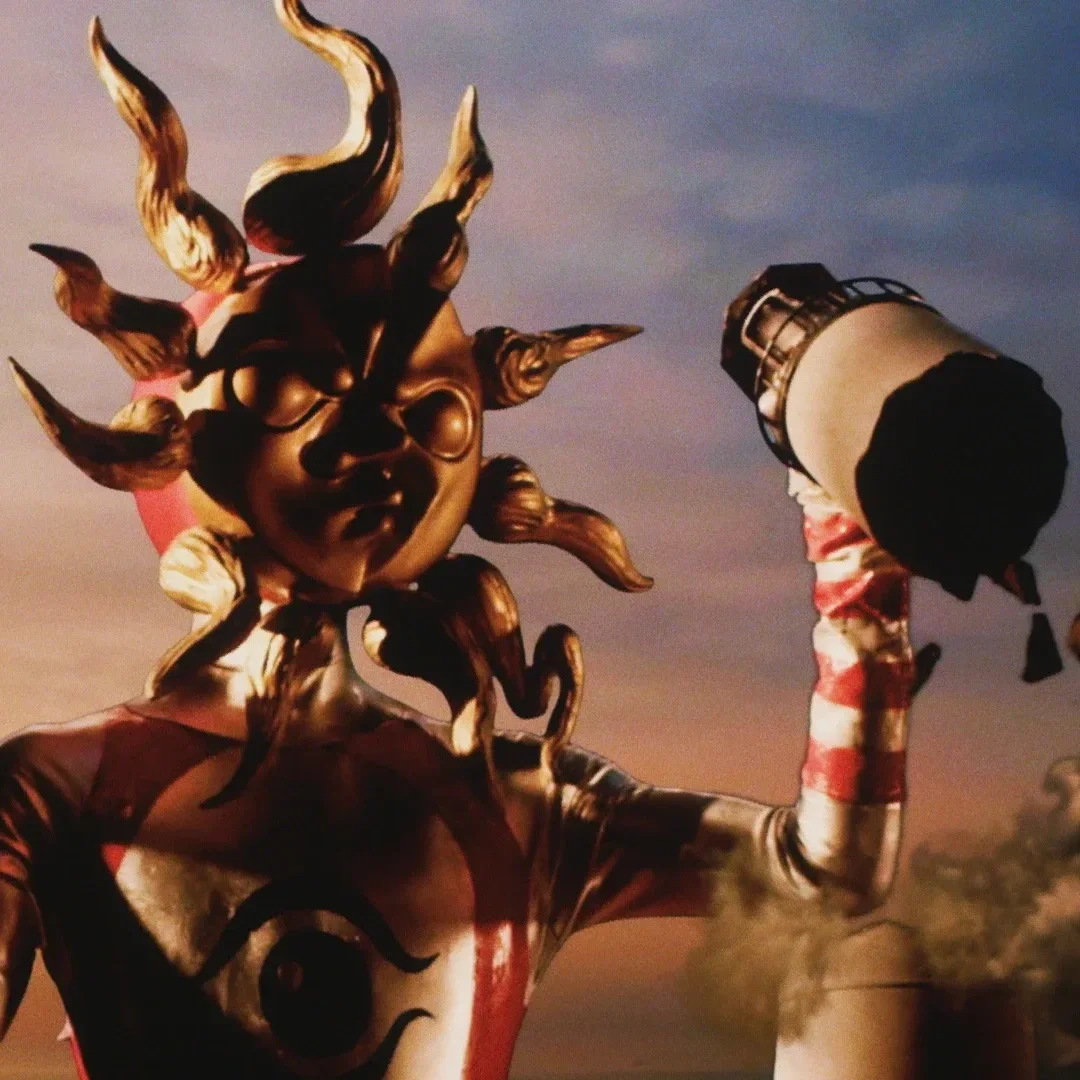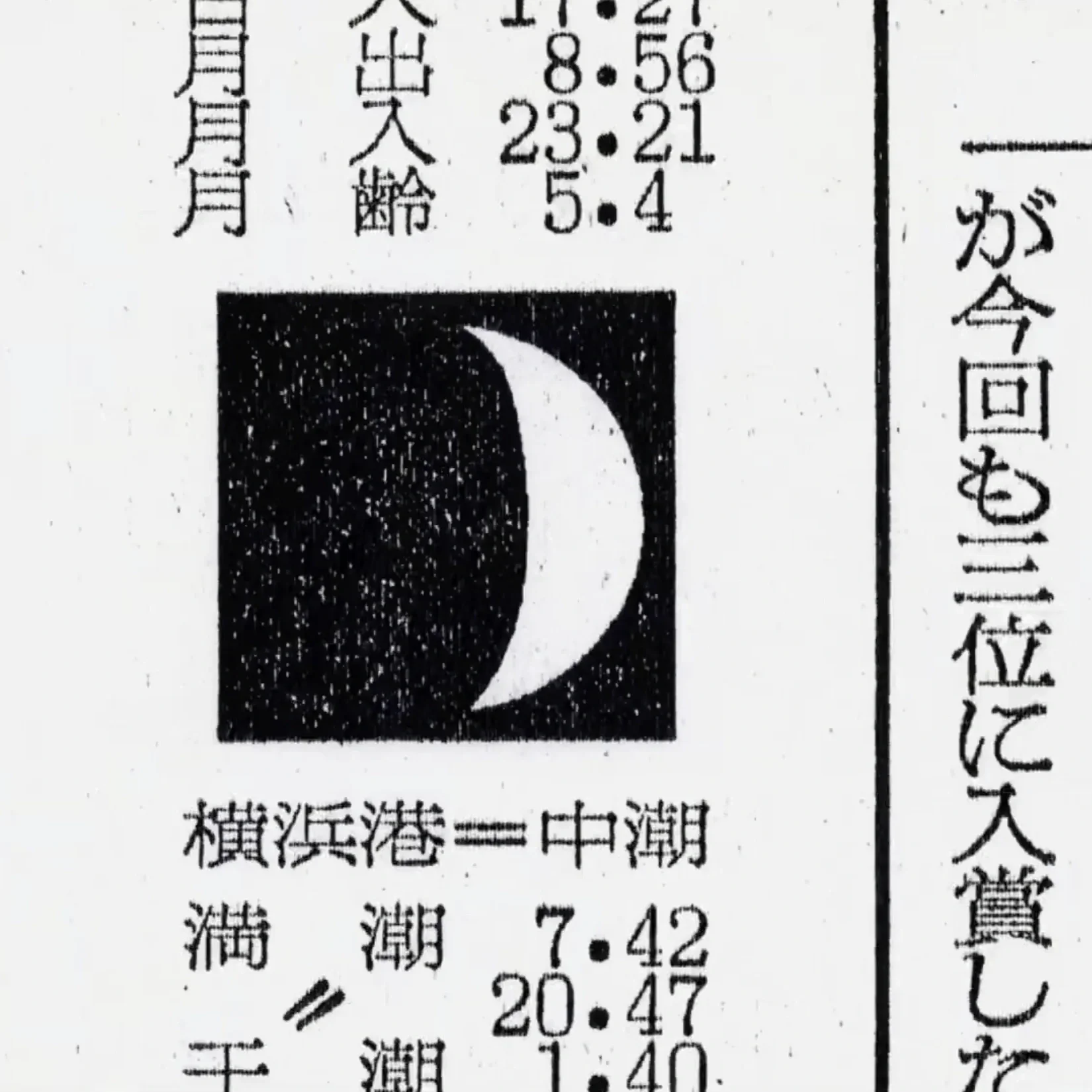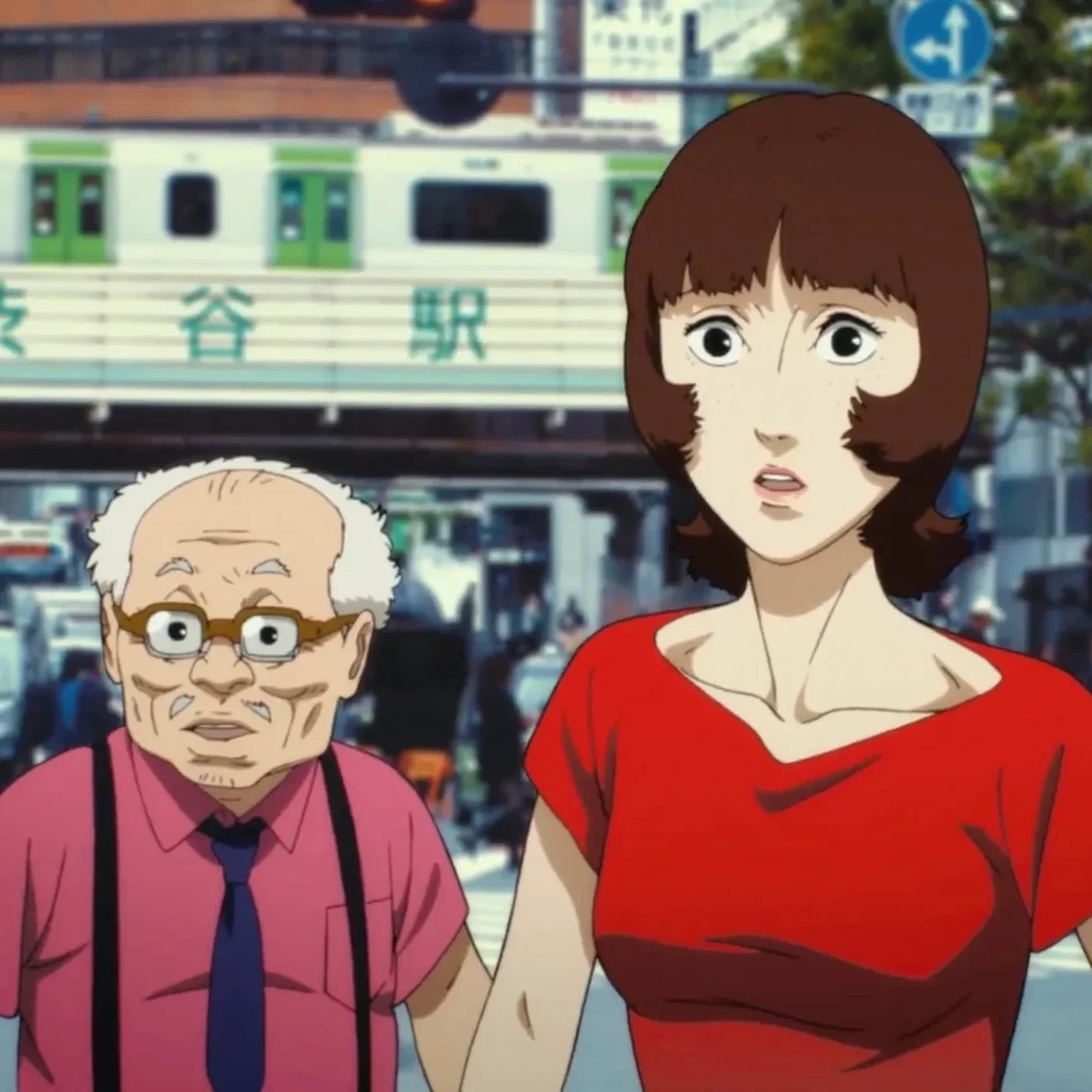Why Tokyo Godfathers is the Ultimate Christmas Movie
Tokyo Godfathers │© Madhouse
When we think of Christmas movies, certain hallmarks come to mind: snow-covered streets, twinkling lights, and stories of redemption, family, and goodwill. Satoshi Kon’s Tokyo Godfathers, an animated masterpiece from one of Japan’s most thoughtful and introspective directors, ticks all these boxes—and yet, it goes much deeper. On the surface, it’s a heartfelt tale about three homeless individuals who find an abandoned baby and set out to reunite her with her family. But beneath this narrative, Kon takes us on a journey of profound meditation on faith, family, and what it means to seek grace in a world that feels indifferent. It’s the Christmas movie for those who crave meaning beyond the glitz of the season.
A Philosophy of Miracles
Christmas, in its essence, has always been a celebration of miracles. The nativity story speaks of unlikely circumstances—a virgin birth, a guiding star, and three travelers bearing gifts for a newborn destined to change the world. In Tokyo Godfathers, the parallels are striking but subversive. Here, the wise men are three societal outcasts: Hana, a transgender woman yearning for motherhood; Gin, a bitter alcoholic with a trail of regrets; and Miyuki, a runaway teen consumed by guilt. Their discovery of a baby in a garbage pile is anything but divine. Yet, as the film unfolds, their journey is marked by extraordinary coincidences that feel almost fated.
Philosophically, these miracles challenge the characters’ relationship with faith and fate. Hana, the most spiritually inclined, immediately sees the baby as a sign—a messenger from God. Gin scoffs at this, his nihilism grounded in the harsh realities of his life. Miyuki, a skeptic, vacillates between the two extremes, embodying the conflict many modern viewers might feel about faith. As their journey takes them through a web of interconnected events—a Yakuza boss, an estranged family, and a miraculous rescue atop a skyscraper—Tokyo Godfathers invites us to consider whether miracles are not so much divine interventions as they are moments when we choose to see meaning in chaos.
The Commercial and the Sacred
To set this story during Christmas in Japan is a masterstroke. Unlike in the West, where Christmas carries deep religious and cultural roots, Japan’s version of the holiday is largely commercial. It’s a time for glittering displays, romantic dates, and KFC dinners—a reflection of how traditions can morph when transplanted into different cultural soil. Yet, Kon uses this setting to examine something universal: the tension between the sacred and the commercial, the material and the spiritual.
Hana, Gin, and Miyuki inhabit the fringes of this world, both physically and metaphorically. They navigate a Tokyo that is indifferent, its neon lights and busy crowds contrasting sharply with their isolation. The baby they find becomes a focal point—a pure, untainted being in a city obsessed with surfaces. Through their interactions with her and with each other, Tokyo Godfathers critiques the hollow promises of consumerism while celebrating the forgiving power of human connection.
Tokyo Godfathers │© Madhouse
The Chosen Family
Christmas is often portrayed as a time for traditional family gatherings, yet the film reminds us that not all families are bound by blood. Hana, Gin, and Miyuki are, on paper, a mismatched trio with little in common besides their homelessness. Yet, their bond is unmistakable. They bicker like siblings, protect each other like parents, and ultimately share a love that transcends their circumstances.
This idea of “chosen family” resonates deeply in a world where traditional structures often fail. Hana’s estrangement from her biological family, Gin’s loss of connection with his daughter, and Miyuki’s self-imposed exile from her parents highlight how the families we are born into can sometimes hurt us the most. But through their shared journey, they find solace and strength in each other, proving that family is as much about intention as it is about origin.
Kon doesn’t shy away from their flaws—Hana’s impulsiveness, Gin’s cynicism, Miyuki’s immaturity—but he never lets those flaws define them. Instead, he shows how their love for the baby allows them to transcend their shortcomings, offering a vision of family that is messy, imperfect, and profoundly beautiful.
Redemption Through Connection
If Christmas is a time for second chances, Tokyo Godfathers is a story of redemption in its truest form. Each character carries a burden of guilt and regret that has shaped their lives. For Hana, it’s the shame of being abandoned by her parents and the yearning for motherhood that has gone unfulfilled. For Gin, it’s the collapse of his family under the weight of debt and his inability to make amends. For Miyuki, it’s the fallout from a heated argument that led her to stab her father and flee her home.
Their journey with the baby forces them to confront these pasts. Hana’s maternal instincts blossom, giving her a sense of purpose she thought she’d lost. Gin’s encounter with his estranged daughter offers him a chance at reconciliation. And Miyuki, through her interactions with the baby and her companions, begins to see the possibility of returning home.
What makes these arcs so powerful is their groundedness. Redemption, in Tokyo Godfathers, is not about grand gestures or perfect resolutions. It’s about small acts of kindness, moments of vulnerability, and the courage to face one’s flaws. It’s about finding grace not in spite of our imperfections but because of them—a message that feels especially profound during the holiday season.
The Spirit of the Season
At its heart, Tokyo Godfathers is a celebration of what Christmas truly represents: hope, generosity, and the resilience of the human spirit. But it also acknowledges the complexities of these ideals in a world that is often harsh and unforgiving. The film’s Tokyo is not a winter wonderland; it’s a city where people freeze on the streets, where crime and cruelty are part of daily life. Yet, even in this setting, Kon finds moments of warmth and connection—acts of kindness that ripple outward and transform lives.
This duality is what makes Tokyo Godfathers such a profound Christmas movie. It doesn’t shy away from the darkness that many experience during the holidays, whether due to loneliness, loss, or hardship. But it also reminds us that light can be found in the unlikeliest of places—a smile from a stranger, a helping hand, or the laugh of a baby. In doing so, it captures the paradox of the season: that the longest, coldest nights can also be the brightest and warmest.
Tokyo Godfathers │© Madhouse
A Legacy of Humanity
Satoshi Kon’s decision to create a more grounded and conventional narrative with Tokyo Godfathers might have been a departure from his usual style, but it’s also what gives the film its universal appeal. While his earlier works, like Perfect Blue and Millennium Actress, explored the boundaries between dreams and reality, Tokyo Godfathers roots itself firmly in the tangible. Yet, it loses none of Kon’s signature depth or insight. It is, in many ways, his most human film—a love letter to the resilience of the human spirit and the bonds that sustain us.
As we reflect on what makes a great Christmas movie, Tokyo Godfathers emerges as a singular masterpiece. It’s not about the trappings of the holiday—there are no gift exchanges, no carols, no Santa Claus. Instead, it’s about the essence of what Christmas represents: a time to pause, to connect, and to believe in the possibility of grace. It’s a story that reminds us, in the words of Hana, that miracles might not always look the way we expect—but they are always worth cherishing.
In a world that often feels fractured, Tokyo Godfathers offers a vision of unity and hope that feels both timeless and necessary. It is, quite simply, the perfect Christmas movie—not just for its setting or its story, but for the way it invites us to see the extraordinary in the everyday. And isn’t that what the spirit of Christmas is all about?










When legendary anime creators combined forces to craft a stunning masterpiece.